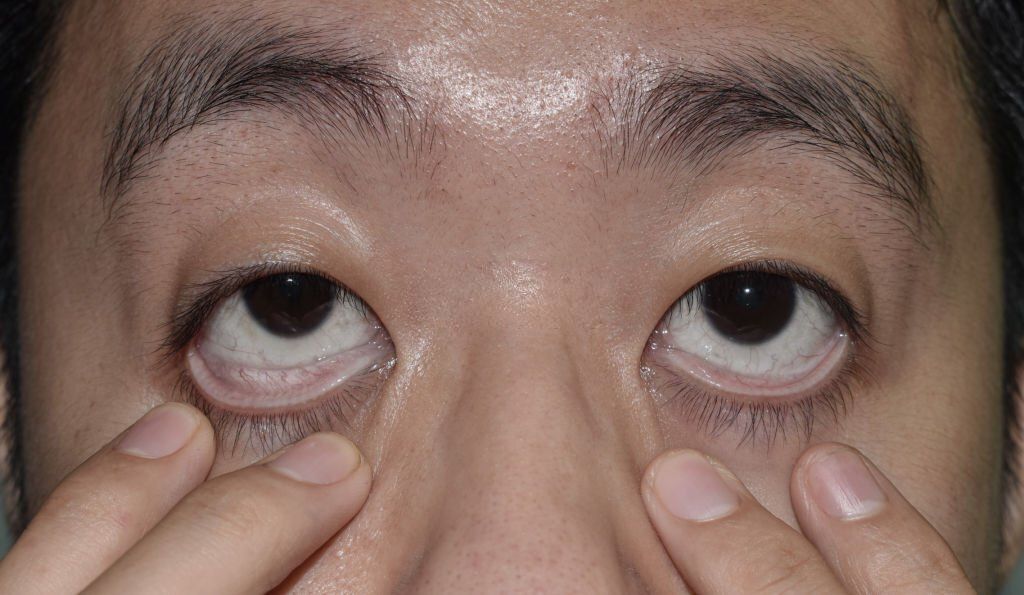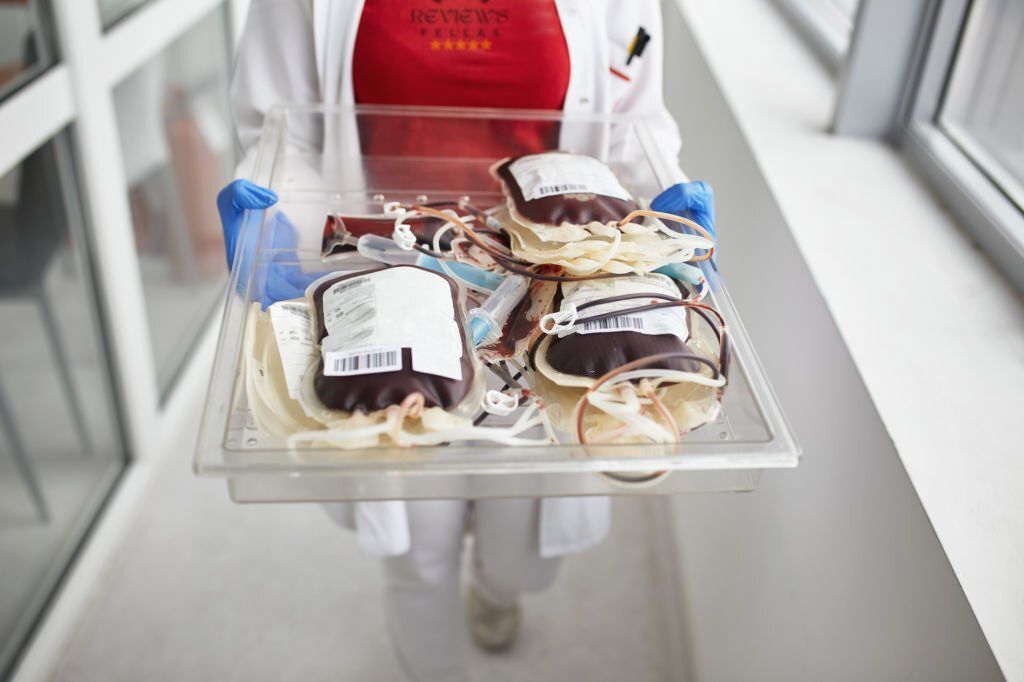This article is reviewed, corrected, and approved by: Julia Weiss CNP| RN | MPH
Black water fever is like that unexpected plot twist in a movie - just when you thought malaria was challenging enough, it takes an ominous turn. It occurs when red blood cells decide to go "KABOOM" and release their contents into the bloodstream and urine.
Still confused about blackwater fever, but no worries, I will tell you how black water fever is caused by and other all the facts related to it.
What is Black Water Fever?
Blackwater fever is a serious complication of malaria infection that can cause life-threatening hemolysis. Where red blood cells burst, spilling hemoglobin into the blood and urine. This fever can cause tons of deadly diseases. Like kidney abnormalities, hemoglobinuria-mental changes-blood clotting abnormalities and other severe complicatrans. The commonest cause of this condition is the Plasmodium falciparum parasite.
Blackwater Fever Symptoms

Here are the symptoms of blackwater fever
- Here are the symptoms of blackwater fever
- Dark or black-colored urine (hemoglobinuria)
- Severe anemia
- High Fever
- Abdominal pain
- Fatigue
- Weakness
- Jaundice (yellowing of the skin and eyes)
- Other general malaria symptoms
Black Water Fever vs Malaria
Risk Factor of Black Water Fever

Blackwater fever, a severe complication of malaria, carries potential risks and complications that can significantly impact a person's health. Here are some of the potential risks and complications associated with black water fever
Severe Anemia
Blackwater fever can cause a serious condition where red blood cells are destroyed rapidly, leading to severe anemia. This can cause tiredness, difficulty breathing, irregular periods and other symptoms because the blood is not able to carry enough oxygen. Read more about how anemia can cause irregular periods: Unfolding The Truth: Can Anemia Cause Irregular Periods?
Kidney Failure
The release of hemoglobin into the bloodstream during black water fever can cause damage to the kidneys. In severe cases, it can cause kidney injury or failure, requiring immediate medical intervention.
Hemoglobinuria
If you notice dark urine, it could be a sign of Black-water fever. When your red blood cells break down, they release a substance called hemoglobin. This can sometimes lead to issues with your kidneys.
Jaundice
Jaundice is a type of condition where the skin and eyes turn yellow in color. It caused when the excessive concentration of bilirubin in the blood. This can be caused by black water fever. This is due to the accumulation of bilirubin. Indicates liver involvement and impaired processing.
Organ Dysfunction
This condition can cause serious organ dysfunction. Including the liver, heart, and lungs, which can be life-threatening and need intense medical care.
Increased Mortality Risk
Fast treatment and close monitoring are vital. It improves outcomes and decreases complications in severe cases of blackwater fever. Which can lead to organ dysfunction, anemia, and increased mortality risk.
Blackwater Fever Treatment

The treatment and management of blackwater fever involve several key approaches. To address the complications and improve the patient's condition. These include:
- Supportive Care: Incentive care will help to treat black-water fever, stabilize the patient, and address complications. This may include measures to manage severe hemolysis and anemia.
- Blood Transfusion: Transfusing blood helps to replenish red blood cells and improve anemia.
- Taking sufficient amount of fluid: Ensuring proper fluid balance is necessary for avoiding dehydration. And also supporting kidney function.
- Electrolyte Balance: Monitoring and correcting electrolyte imbalances. Such as potassium or sodium abnormalities, is important for stability.
- Avoidance of Triggering Drugs: Avoid antimalarial drugs linked to blackwater fever. Consider alternative options to reduce the risk of recurrence.
- Steroid Treatment: Corticosteroids may be administered to modulate the immune response and premolar stems inflammation, reducing hemolysis. However, their use in black-water fever must be individualized.
- Prompt Recognition and Treatment: Early recognition and timely initiation of treatment are crucial. For the right treatment plan, hemoglobinuria and malaria infection need to be detected as soon as possible.
- Patient's condition must be monitored during treatment: Follow-up visits and blood tests assess response, red blood cell recovery, and complications.
Conclusion
Blackwater fever looks ordinary fever, but it can have serious consequences. It is essential to be aware of its symptoms and take prompt action to prevent any life-threatening situations. Early diagnosis, prompt treatment, and careful monitoring are essential to improve outcomes.
Expert Insights on Malaria and Black Water Fever
Frequently Asked Questions (F.A.Qs)
Q: Is blackwater fever malaria?
Ans: Yes, blackwater fever is a severe complication of malaria. It is usually linked to an infection caused by the Plasmodium falciparum parasite.
Q: What exactly causes blackwater fever?
Ans: Malaria infection causes black water fever in most cases.
Q: Why malaria is called black water fever?
Ans: Well, it's actually a complication that can arise from a malaria infection. This condition is characterized by a combination of symptoms. Including fevers, severe anemia, and the occasional passage of urine that is a dark red to black color.
Blackwater Fever Symptoms:
- Dark or black-colored urine (hemoglobinuria)
- Severe anemia
- High fever
- Abdominal pain
- Fatigue and weakness
- Jaundice (yellowing of skin and eyes)
- Other general malaria symptoms
Risk Factors and Complications:
- Severe Anemia: Rapid destruction of red blood cells leads to severe anemia, causing fatigue and breathing difficulties due to reduced oxygen-carrying capacity.
- Kidney Failure: Hemoglobin release can damage kidneys, potentially leading to kidney injury or failure.
- Hemoglobinuria: Breakdown of red blood cells leads to dark urine, indicating potential kidney issues.
- Jaundice: Excessive bilirubin in the blood, possibly caused by blackwater fever, results in yellowing of skin and eyes, indicating liver involvement.
- Organ Dysfunction: Serious organ dysfunction, including liver, heart, and lungs, can occur and may be life-threatening.
- Increased Mortality Risk: Prompt treatment and close monitoring are crucial in severe cases to reduce complications and mortality risk.
Treatment and Management:
- Supportive Care: Stabilization and management of severe hemolysis and anemia are essential.
- Blood Transfusion: Replenishing red blood cells through transfusions helps improve anemia.
- Fluid Balance: Ensuring proper hydration is crucial for kidney function and avoiding dehydration.
- Electrolyte Balance: Monitoring and correcting imbalances are important for stability.
- Avoidance of Triggering Drugs: Alternative antimalarial options may be considered to reduce recurrence risk.
- Steroid Treatment: Steroids may be used to modulate immune response and reduce hemolysis on a case-by-case basis.
- Prompt Recognition and Treatment: Early detection and timely treatment of hemoglobinuria and malaria infection are crucial.
- Ongoing Monitoring: Follow-up visits and blood tests assess response, red blood cell recovery, and complications.


